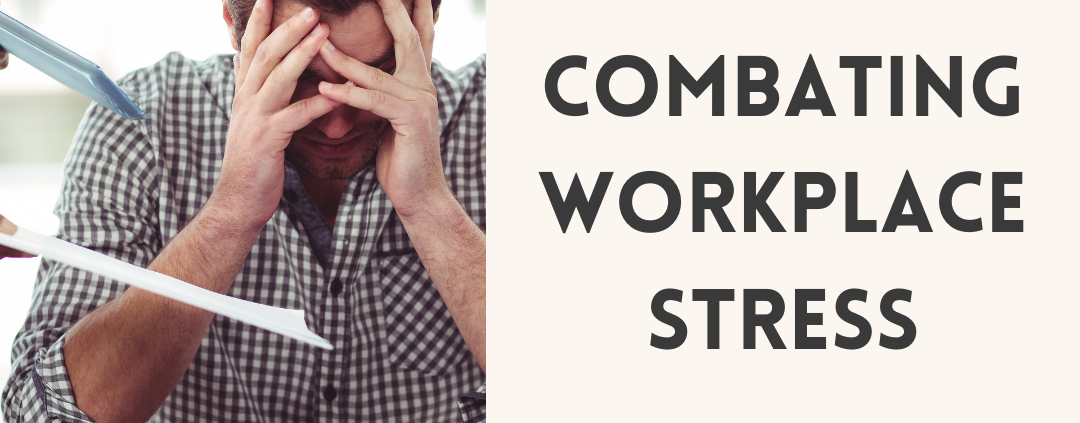Combating Workplace Stress
 Insights from Global Trends
Insights from Global Trends
I was very interested to read the Gallup Global Emotions 2024 report offers valuable insights into stress levels worldwide have taken the data and focussed on providing UK-based companies with a framework to address workplace stress effectively. While the report shows a global decline in stress levels, the UK continues to grapple with significant workplace stress issues, making these findings particularly relevant for British leaders.
As UK business leaders, we’re facing a critical challenge: workplace stress. The Gallup Global Emotions 2024 report reveals a global decline in stress levels, but how does the UK measure up? More importantly, how can we harness these insights to create healthier, more productive work environments? Let’s dive in.
The UK Stress Landscape: A Sobering Reality
Before we explore solutions, let’s consider the stark facts:
- 79% of British adults experience work-related stress (Mental Health UK, 2023)
- Stress, depression, and anxiety account for 50% of all work-related ill health cases in the UK (HSE, 2023)
- The UK economy loses £45 billion annually due to mental health-related absences (Deloitte, 2022)
These statistics underscore the urgent need for UK businesses to tackle these issues head-on.
5 Powerful Strategies to Combat Workplace Stress
Implement Flexible Working Arrangements
Global insight: Countries with better work-life balance report lower stress levels.
UK Application:
- Offer flexible start and finish times
- Provide options for remote or hybrid working
- Consider implementing a four-day work-week trial
Action step: Survey your team about their ideal working arrangements and pilot a new flexible working policy.
Promote Mental Health Awareness and Support
Global insight: Countries with strong mental health support systems show lower stress levels.
UK Application:
- Partner with mental health charities like Mind or Samaritans
- Train managers in Mental Health First Aid
- Implement an Employee Assistance Programme (EAP)
Action step: Organise a ‘Mental Health Awareness Week’ with workshops and resources for employees.
Foster a Culture of Open Communication
Global insight: Workplaces with transparent communication report lower stress levels.
UK Application:
- Implement regular ‘town hall’ meetings for company-wide updates
- Encourage managers to have weekly one-to-one check-ins with team members
- Create anonymous feedback channels for employees to voice concerns
Action step: Start a monthly ‘Ask Me Anything’ session with senior leadership to address employee questions and concerns.
Encourage Physical Wellbeing
Global insight: Countries that prioritise physical health report lower stress levels.
UK Application:
- Offer gym membership subsidies or on-site fitness classes
- Implement ‘walking meetings’ for small group discussions
- Provide standing desks and ergonomic assessments
Action step: Launch a company-wide step challenge to encourage daily physical activity.
Implement Stress Management Training
Global insight: Employees with stress management skills report lower stress levels.
UK Application:
- Offer workshops on mindfulness and meditation techniques
- Provide time management and prioritisation training
- Implement a ‘stress buddy’ system for peer support
Action step: Introduce a ‘Mindful Monday’ initiative with guided meditation sessions to start the week.
Measuring Success: The UK Approach
To gauge the effectiveness of these strategies:
- Conduct regular employee mental health surveys
- Monitor changes in absenteeism and presenteeism rates
- Track usage of mental health resources and EAP services
- Measure productivity alongside stress reduction efforts
The Business Case for Stress Reduction
Investing in stress reduction isn’t just about employee wellbeing—it’s a smart business move:
- Companies with strong wellbeing cultures see a 66% increase in productivity (CIPD)
- For every £1 spent on mental health interventions, UK companies see a £5 return (Deloitte)
- 60% of UK employees would feel more motivated and more likely to recommend their organisation as a good place to work if their employer took action to support mental wellbeing (Mind)
Imagine a workplace where:
- Monday mornings are met with energy rather than dread
- Innovation thrives because employees aren’t bogged down by stress
- Your company becomes known as a top employer, attracting the best talent
- Productivity soars as employees bring their full, focused selves to work each day
This isn’t a pipe dream. It’s the reality for UK companies that prioritise stress reduction and employee wellbeing.
 Your Next Steps: Leading the Charge Against Workplace Stress
Your Next Steps: Leading the Charge Against Workplace Stress
Ready to transform your workplace into an easier, high-performance environment? Start with these actions:
- Conduct a stress audit of your current workplace
- Survey your team about their main triggers and desired support
- Implement one new strategy from this article
- Share your commitment with your team and invite their input
Remember, tackling workplace stress isn’t about quick fixes or surface-level solutions. It’s about creating a culture that values wellbeing as much as it does productivity.
Are you ready to lead the charge against workplace stress and unlock your team’s full potential? Your business results—and your employees’ wellbeing—depend on it.
Want to dive deeper into creating a more positive and productive workplace? Book a free discovery call with me here.



